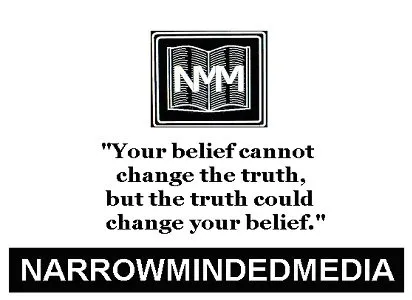
DAY 2 - The Tribulation
There is a common belief within much of Christianity that a “seven year tribulation period” will eventually come upon the entire world. This time period is commonly referred to as “The Tribulation”, and is believed to be a time when God’s wrath is poured out upon the earth.
If you’ve ever opened a Bible and attempted to learn more about “The Tribulation”, you may have found that God never refers to “The Tribulation”. This is an immediate obstacle which one must get around if one is going to gain understanding on this subject from the Bible.
The closest thing that the Bible ever actually says is recorded in the following verse, “Immediately after the tribulation of those days shall the sun be darkened, and the moon shall not give her light, and the stars shall fall from heaven, and the powers of the heavens shall be shaken:” (Matthew 24:29).
This is the only occurrence of the phrase “the tribulation” in the entire Bible. If you have an exhaustive concordance, look up “tribulation” and see how many times the word “the” appears immediately prior to it, thus appearing as “the tribulation” within the pages of Scripture. You will quickly see that of all 22 times the word “tribulation” appears, only once is it ever found directly after the word “the”.
In the one place that we do find “the tribulation” in the Bible, a specific phrase immediately follows it; “of those days”. Obviously, this means that “the tribulation” mentioned is just one specific time of tribulation, of which there are others. There could not be a “tribulation of those days” unless there were also tribulations of other days. This is why we see the word “tribulation” used so often in so many other places in the Bible. Interestingly, within the pages of the New Testament, “tribulation” is used most often in association with believers. This is peculiar because many believe in a pretribulational rapture. Their belief is that true believers will be raptured (or taken) from the earth prior to “The Tribulation”.
Though the word “tribulation” occurs 19 times in the KJV New Testament, there are actually two words in the original Greek which are translated as “tribulation”. The more common is “thlipsis”, which is used 45 times, and the lesser used is “thlibo”, appearing 10 times. Thlipsis means “distress”, “trouble”, or “oppression” and thlibo means “to press upon or cause trouble, to be troubled, persecuted, or pressed”.
Of the 45 times thlipsis is used, 35 times it pertains only to believers (77.77777% of the time).
Of the 10 times that thlibo is used, 7 times it only pertains to believers (70% of the time).
This means that based on the New Testament, tribulation is mostly a Christian experience.
I will soon post an exhaustive listing of every occurrence of these words.
Obviously, Scripture clearly teaches that believers will experience tribulation upon this earth. In regard to “The Tribulation” though, the Bible is silent. Since God never uses that phrase the way that man does, God does not define it or specifically tell us anything about it. This is problematic.
We must be wary when men choose to use unbiblical phrases. Since God neither uses nor defines these phrases, man can then choose to define them as he sees fit, perhaps even to fit his theology or agenda.
Point #1: God never mentions “The Tribulation” in the way that many have grown accustomed to.
Point #2: God therefore does not define this phrase.
Point #3: Since God neither uses nor defines “The Tribulation”, we are unable to gain any insight simply by looking up “The Tribulation” in the Bible.
2+2=4
Thanks, @narrowminded

In case you missed them,